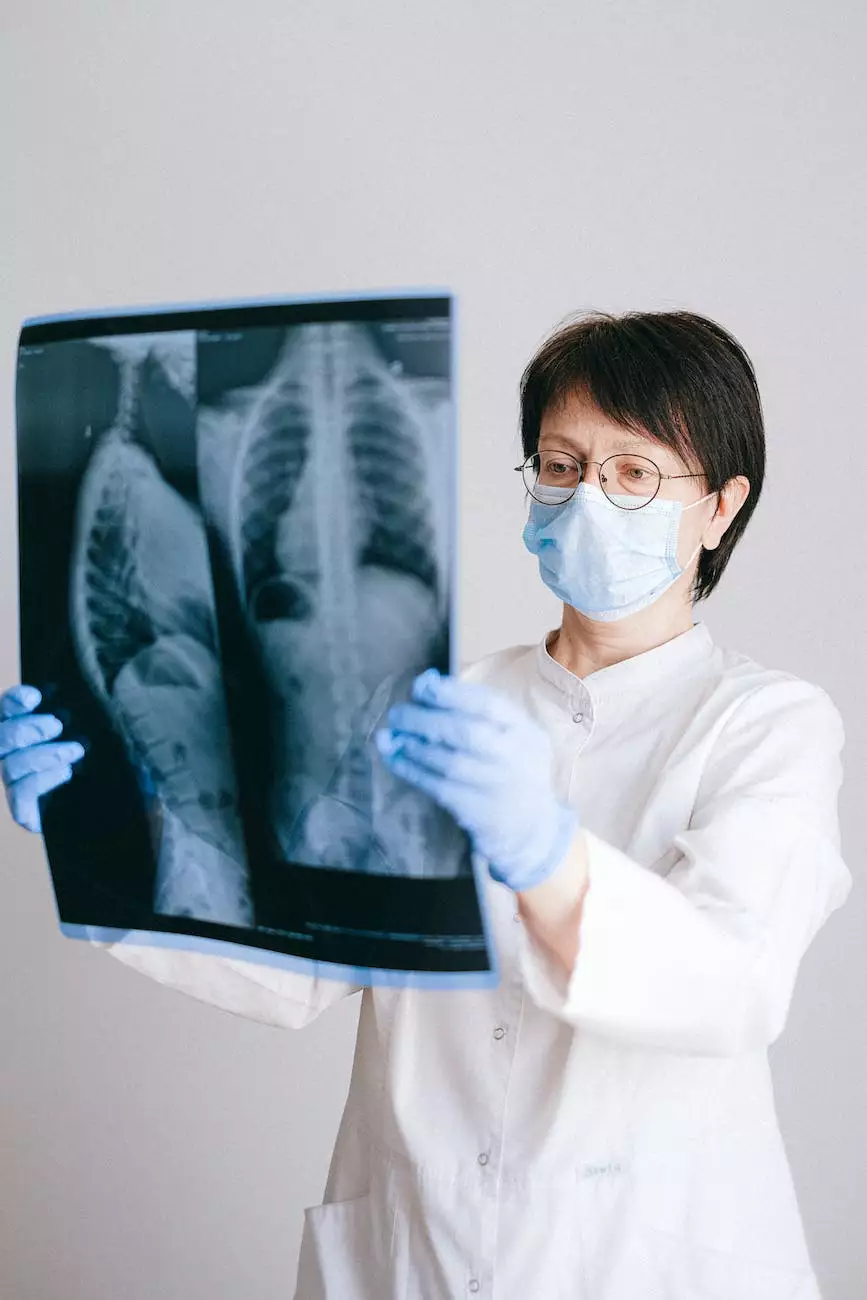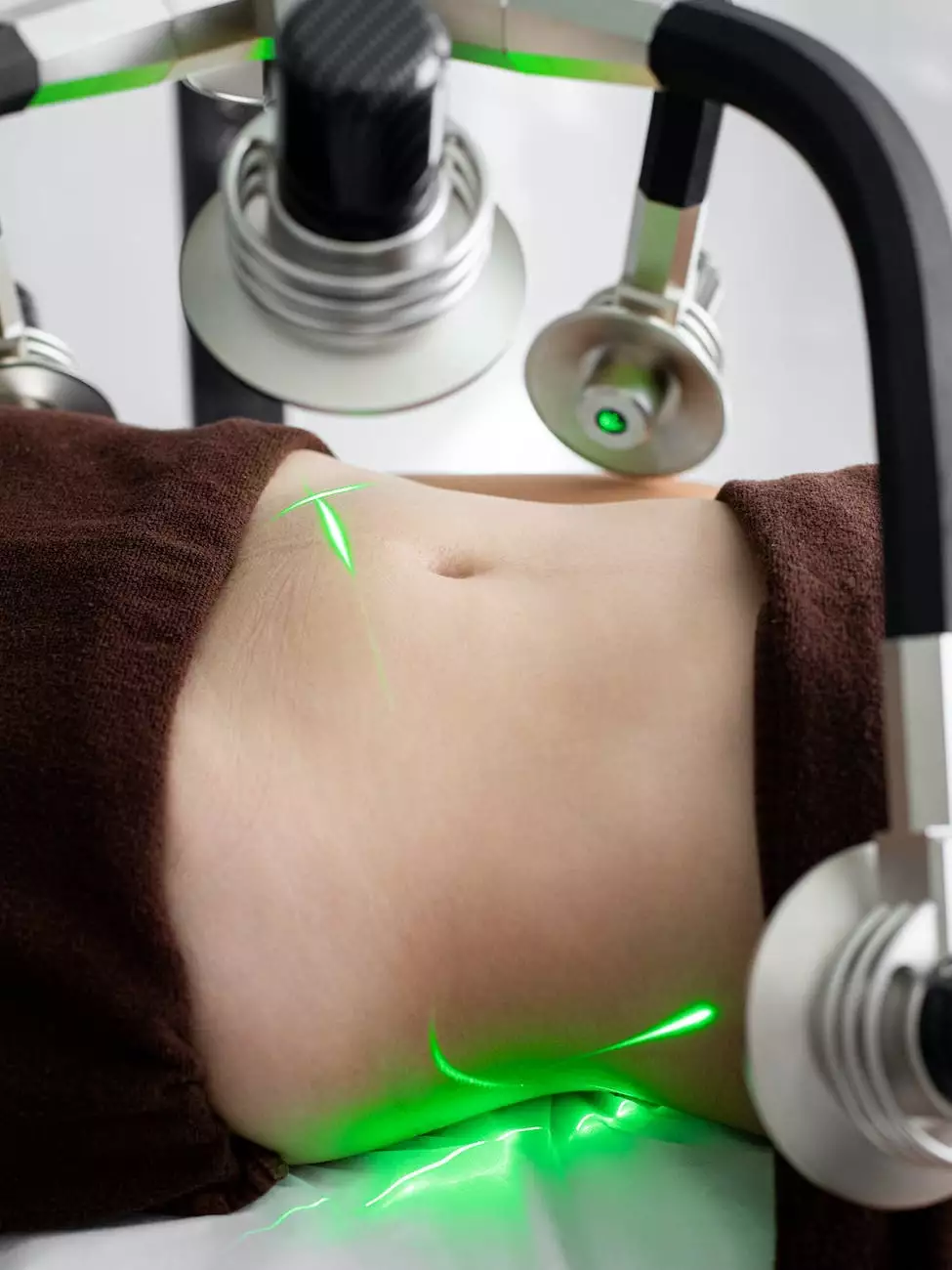FAQs – Forum Health Akron

Introduction
Welcome to the FAQs page of Grim Harley, MD - your trusted source for all your healthcare-related inquiries in Akron. Here, we aim to provide you with comprehensive and detailed information on a wide range of medical topics. Our team of experts has put together this resourceful page to address some of the frequently asked questions to help you make informed decisions about your health.
1. General Health Questions
When it comes to maintaining good health, it's natural to have questions. At Grim Harley, MD, we strive to provide you with accurate and up-to-date information. Here are some common general health questions:
- What is the importance of regular exercise? Regular exercise offers numerous benefits, such as improved cardiovascular health, increased strength, weight management, and enhanced mental well-being.
- How can I improve my diet? A healthy diet should include a variety of fruits, vegetables, whole grains, lean proteins, and healthy fats. Avoid processed foods and excessive sugar and sodium intake.
- What are the key strategies for stress management? Effective stress management techniques include practicing mindfulness, engaging in hobbies, getting enough sleep, and seeking support from loved ones.
2. Medical Conditions
Understanding medical conditions is crucial for managing your health effectively. Here are some frequently asked questions about common medical conditions:
2.1. Diabetes
Diabetes is a prevalent condition that affects many individuals worldwide. Here are some FAQs related to diabetes:
- What are the warning signs of diabetes? Warning signs include frequent urination, excessive thirst, unexplained weight loss, and fatigue.
- How is diabetes diagnosed? Diabetes is typically diagnosed through blood tests measuring fasting glucose levels or through an oral glucose tolerance test.
- What are the treatment options for diabetes? Treatment involves lifestyle modifications like dietary changes and physical activity, along with medication and insulin therapy as required.
2.2. Cardiovascular Diseases
Cardiovascular diseases encompass various conditions that affect the heart and blood vessels. Here are some FAQs concerning cardiovascular health:
- What are the risk factors for heart disease? Risk factors include high blood pressure, high cholesterol, smoking, obesity, diabetes, and a sedentary lifestyle.
- What are the symptoms of a heart attack? Common symptoms include chest pain, shortness of breath, nausea, fatigue, and lightheadedness.
- How can I lower my risk of heart disease? Lower your risk through regular exercise, maintaining a healthy weight, eating a balanced diet, not smoking, managing stress, and regular check-ups with your healthcare provider.
3. Treatments and Procedures
Knowing about available treatments and procedures can help you make well-informed decisions about your healthcare. Here are some FAQs related to common medical treatments and procedures:
3.1. Surgery
Surgery plays a vital role in treating various medical conditions. Here are some frequently asked questions about surgical procedures:
- What is the recovery process after surgery? Recovery varies depending on the type of surgery. Your healthcare provider will provide specific instructions for post-operative care and recovery.
- What are the potential risks and complications of surgery? Risks and complications can vary depending on the procedure and individual factors. Your surgeon will discuss these with you during the pre-operative consultation.
- How should I prepare for surgery? Pre-operative preparation typically includes fasting, avoiding certain medications, and following the instructions provided by your healthcare team.
3.2. Physical Therapy
Physical therapy is commonly used to aid in recovery and rehabilitation. Here are some FAQs related to physical therapy:
- What conditions can benefit from physical therapy? Physical therapy can benefit a wide range of conditions, including musculoskeletal injuries, stroke rehabilitation, and post-surgical recovery.
- How long does a physical therapy session last? Session duration varies depending on your condition and treatment plan. It can range from 30 minutes to an hour.
- What should I expect during physical therapy? During physical therapy sessions, you can expect various exercises, manual therapy, and education on self-management techniques.
Conclusion
Thank you for visiting the FAQs page of Grim Harley, MD. We hope this extensive resource has been helpful in addressing your healthcare questions and concerns. Remember, these FAQs provide general information, but it's essential to consult with a qualified healthcare provider for personalized advice. Stay informed and take charge of your health for a better future.










